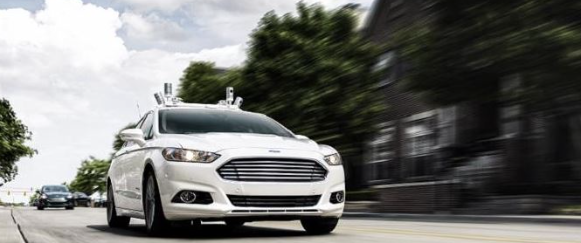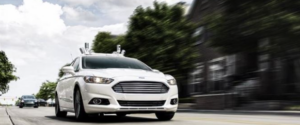Driverless car technology is racing from pipedream to reality but public confidence in the phenomenon is not keeping pace, according to new research.
The majority of people (66%) would be uncomfortable travelling in a driverless car at 70mph, according to a new study by the Institution of Mechanical Engineers.
According to the findings, younger people tend to be more accepting of the technology ― with 45% of 25-36 year olds saying they would be comfortable in a 70mph driverless car, compared to just 13% for 65-74 year olds and 8% for the over 75s.
Women tended to be more cautious about the technology, with 72% saying they would be uncomfortable compared to 60% for men.
Half think people drive better than computers
The survey found that 50% of drivers think people are better drivers than computers, despite the fact that nine out of 10 of road accidents in the UK are the result of driver error.
The survey also showed there is a reluctance from the public to allow people who are sight-impaired to be the sole occupant of a driverless car ― less than a quarter agreeing they should be allowed.
There was also very little acceptance for people who are intoxicated being responsible for a driverless car, with just 12% saying this would be acceptable.
Driverless car technology brings ‘huge benefits’
Philippa Oldham, Head of Transport at the Institution of Mechanical Engineers, said: “The benefits of driverless technology are huge.
“Not only could the technology help save hundreds of lives, but there are estimates that the overall UK economic benefit could be as much as £51 billion a year due to fewer accidents, improved productivity and increased trade.
“The Government and manufacturers have big ambitions for the future of driverless cars, but there is still a long way to go in terms of public approval.
“This study shows that the majority of people would be uncomfortable being a passenger in a driverless car travelling at speed and that older people and women are particularly wary.
“Driverless technology has been touted as improving accessibility for all, but the survey showed strong reluctance for a sight-impaired person to be the sole occupant of a driverless car.”
Public trials could build trust in driverless car technology
He said the Government and manufacturers must work together on public trials of driverless car technology to build trust in it.
“The Institution commissioned ICM Unlimited to ask six questions to 2,053 members of the public regarding driverless cars.
The survey’s full results can be found at Public perceptions: driverless cars.
Getting set for the journey into experts at Adrian Flux have already started offering driverless car insurance.
The specialist driverless car insurance covers you against a whole host of modern problems, not just your typical bumps and scrapes.
From faulty software and corrupted downloads, to patchy satellite coverage and firewall failures, Adrian Flux driverless car insurance has it all covered.


